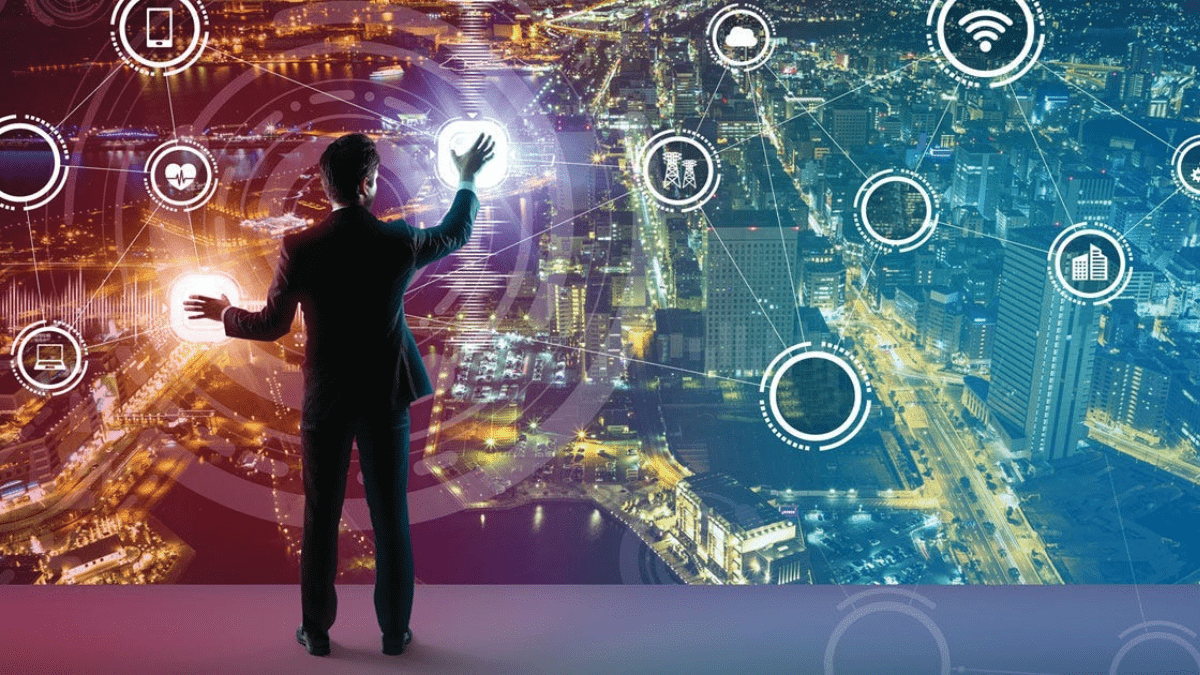In the ever-evolving landscape of retail, one undeniable truth stands out—digital transformation is no longer a choice but a necessity. As we peer into the future, it’s evident that the driving force behind this retail revolution is none other than Information Technology (IT) services. In this blog post, we’ll delve into the transformative role that IT services play in shaping the future of retail.
The Digital Imperative
In the digital age, consumer expectations are at an all-time high. Today’s shoppers crave seamless, personalized experiences, and traditional retail models are being reshaped to accommodate these demands. IT services are the architects of this transformation, providing the technological backbone that enables retailers to navigate the digital landscape with agility.
Enhancing Customer Experiences
One of the primary ways IT services are reshaping retail is by elevating customer experiences. From intuitive e-commerce platforms to personalized recommendation engines, IT services are at the forefront of creating environments where customers feel understood and valued. Through advanced analytics and AI-driven insights, retailers can tailor their offerings to match individual preferences, fostering customer loyalty and satisfaction.
Seamless Omnichannel Integration
The future of retail lies in the seamless integration of various channels, creating a unified experience for customers. IT services are instrumental in developing and maintaining omnichannel solutions that allow consumers to transition effortlessly between online and offline platforms. This integration not only enhances convenience for customers but also provides retailers with a holistic view of consumer behavior, enabling data-driven decision-making.
Supply Chain Optimization
Behind the scenes, IT services are revolutionizing the retail supply chain. From predictive analytics that forecast demand to blockchain technology ensuring transparency and traceability, IT services are streamlining processes and increasing efficiency. The result is a supply chain that is not only more responsive to market demands but also more resilient in the face of unforeseen challenges.
Cybersecurity in the Digital Age
As the retail landscape becomes increasingly digital, the importance of robust cybersecurity cannot be overstated. IT services play a critical role in safeguarding sensitive customer data and ensuring the integrity of digital transactions. The future of retail relies on the trust consumers place in the security of online interactions, and IT services are the guardians of this trust.
Embracing Innovation
Retailers that thrive in the digital future are those that embrace innovation. IT services act as catalysts for innovation, introducing technologies like augmented reality, virtual reality, and artificial intelligence into the retail space. These innovations not only capture consumer interest but also pave the way for novel shopping experiences that were once thought impossible.
Conclusion
The future of retail is undeniably digital, and IT services are the architects shaping this future. From enhancing customer experiences to optimizing supply chains and fortifying cybersecurity, the role of IT services in retail cannot be overstated. As we navigate this digital frontier, it’s clear that the collaboration between retailers and IT services will be the driving force behind the next era of retail evolution. The question is not whether retailers can afford to embrace digital transformation but whether they can afford not to. The future is digital, and IT services are leading the charge.
1. How can IT services help retailers enhance their customer experiences in the digital era?
IT services play a crucial role in enhancing customer experiences by leveraging technologies such as artificial intelligence and analytics. These services enable retailers to gather and analyze customer data, providing insights that lead to personalized recommendations, streamlined shopping journeys, and overall improved satisfaction.
2. What is the significance of omnichannel integration in retail, and how do IT services contribute to achieving it?
Omnichannel integration is vital for creating a seamless customer experience across various platforms, both online and offline. IT services develop and implement solutions that allow retailers to integrate their channels effectively. This ensures consistent messaging, inventory management, and customer interactions, fostering a cohesive and convenient experience for consumers.
3. How do IT services contribute to supply chain optimization in the retail industry?
IT services contribute to supply chain optimization by implementing advanced technologies such as predictive analytics and blockchain. Predictive analytics helps in forecasting demand, optimizing inventory levels, and improving overall supply chain efficiency. Blockchain ensures transparency and traceability, reducing the risk of errors and enhancing the reliability of the supply chain.
4. In the context of retail, how do IT services address cybersecurity challenges, and why is this important?
IT services play a crucial role in addressing cybersecurity challenges in retail by implementing robust security measures. This includes securing customer data, protecting online transactions, and safeguarding against potential cyber threats. As the retail landscape becomes more digital, ensuring the security of sensitive information is paramount to maintaining customer trust and confidence.
5. How can IT services facilitate innovation in the retail sector, and what emerging technologies are they introducing?
IT services act as catalysts for innovation in retail by introducing emerging technologies such as augmented reality (AR), virtual reality (VR), and artificial intelligence (AI). These technologies enhance the shopping experience by providing immersive and interactive elements.
For more information, visit Superior Codelabs.
Shaikh Fakruddin is the Founder and CEO of Superior Codelabs.





